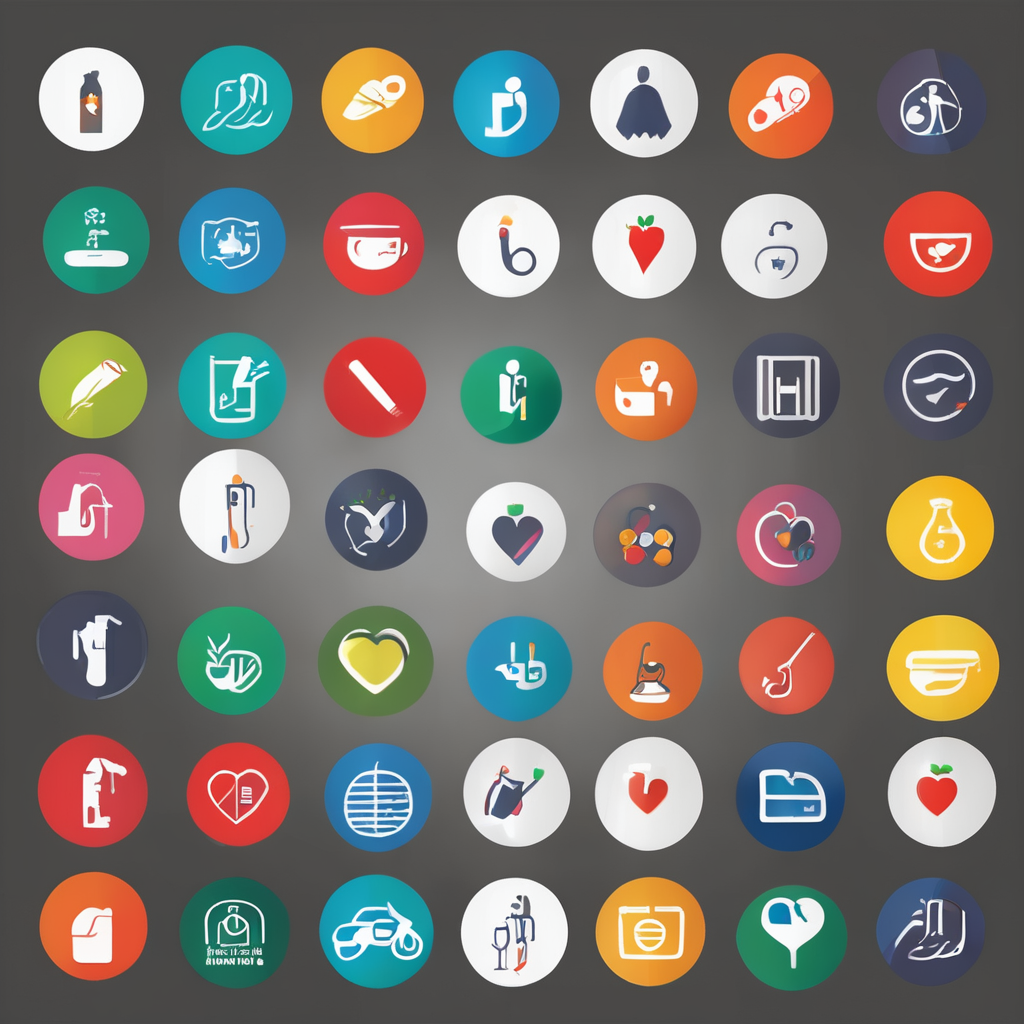Overview of Remote Work and Mental Health
The rise of remote work has brought profound changes to both professional dynamics and employees’ mental health. While this shift offers flexibility and eliminates commuting stress, many remote workers face unique mental health challenges. A common issue is the blurred boundary between work and home life, which can lead to increased stress and burnout. Isolation is another significant concern; distant settings might lead to feelings of loneliness and detachment from colleagues.
Addressing mental well-being within remote work environments is crucial. Organisations and individuals must acknowledge these challenges to foster a productive and healthy work atmosphere. Wellness strategies can be implemented to reduce mental strain, such as promoting regular breaks, encouraging virtual social interactions, and ensuring access to mental health resources. Integrating these practices can enhance overall satisfaction and well-being, ultimately leading to more thriving remote work experiences.
Also to discover : Revolutionizing Chronic Pain Relief: The Power of Integrative Medicine Strategies
Furthermore, employers and employees need specific wellness initiatives to promote positive mental health. Such measures can pave the way for a supportive work culture where mental health challenges are not merely managed but actively countered, leveraging the flexibility of remote work for the benefit of all.
Digital Tools for Mental Health Support
In recent years, there’s been a surge in digital tools designed to offer effective mental health support. These tools are crafted to address the unique needs that arise from remote work setups. Notable options include meditation apps, stress management platforms, and tailored productivity apps that aid in maintaining mental well-being.
Also read : Revolutionizing Chronic Care: How Mobile Apps Elevate Patient Medication Adherence
Many mental health apps incorporate engaging features such as guided meditations, mood tracking, and wellness insights, which encourage users to frequently engage with the applications. These features are essential in maintaining continuous user engagement and promoting a supportive mental health environment. Specific platforms, like Calm and Headspace, have proven beneficial in decreasing stress through structured mindfulness exercises.
Evaluating the efficacy of these digital mental health solutions often involves considering factors like user feedback, ease of use, and scientific backing. Evidence-based innovations promise better mental health outcomes by offering personalised experiences and resources. By leveraging these tools, individuals can integrate healthier practices into their routines, facilitating better mental health support while engaged in remote work. However, the choice of digital tool should be aligned with personal mental wellness needs and preferences.
Integration of Digital Tools into Daily Routines
Incorporating digital tools into daily routines can significantly enhance the remote work experience by improving mental wellness. Establishing a consistent routine with such tools can aid in maintaining better work-life balance.
Establishing a Routine with Digital Tools
A structured daily routine using digital tools can significantly boost mental wellness. Effective scheduling and time management apps, like Todoist or Trello, enable users to design a seamless workday. They aid in prioritizing tasks, setting reminders, and tracking progress, thus reducing overwhelm. Consistency in tool usage is key; allocate specific times to check and update these platforms for optimum efficiency.
Leveraging Communication Tools
Maintaining connections with colleagues through digital platforms is essential to avoid feelings of isolation. Tools like Slack or Microsoft Teams can help promote team bonding through virtual channels. Regularly scheduled video calls and casual check-ins are strategies that reinforce effective communication, fostering a sense of community, even when apart.
Mindfulness and Wellness Apps
Mindfulness practices play a crucial role in enhancing mental health. Apps such as Calm and Headspace are top-rated for guided meditation and relaxation techniques. Incorporating mindfulness breaks into the workday facilitates stress reduction and improves overall focus, supporting a healthier remote work environment.
Expert Advice on Work-Life Balance
Remote work has transformed professional dynamics, bringing unique challenges in maintaining a healthy work-life balance. Experts in mental health suggest practical strategies to gracefully navigate these challenges. A foundational approach is setting clear boundaries between work and personal life. This can be achieved by designating a specific workspace and adhering to regular work hours, reducing the likelihood of work-related intrusions into personal time.
Mental health professionals also emphasise the importance of self-care practices to manage remote work stress. Prioritising activities that promote physical well-being, such as regular exercise, balanced nutrition, and adequate sleep, is essential. Incorporating daily breaks and leisure activities further supports mental wellness.
Another critical aspect is open communication with peers and supervisors about workload and stressors encountered while working remotely. Such transparency helps foster a supportive work environment where adjustments can be made to better accommodate individual needs.
Finally, experts encourage leveraging remote work’s flexibility to optimise personal and work commitments. By doing so, employees can enjoy the benefits of remote work while safeguarding their mental health, leading to a more balanced and fulfilling professional life.
Research and Case Studies on Digital Tools Effectiveness
An array of research studies highlights the positive impact of digital tools on mental health. These studies frequently focus on the efficacy of mindfulness apps and productivity tools in reducing stress levels and improving mental health outcomes. For instance, studies have demonstrated that regular use of meditation apps can lead to a significant reduction in anxiety and depression symptoms.
Case Studies on Successful Implementation
Case studies offer a closer look at real-world applications of such tools in remote teams. One prominent example involves a tech company that integrated mindfulness exercises into their daily routines. By utilising meditation apps, employees reported improved focus and reduced burnout. Another company implemented project management and communication platforms, resulting in enhanced team collaboration and lower levels of reported stress.
Implications for Future Usage
The implications from these research studies and case studies suggest that the strategic use of digital tools can substantially support remote work environments. Companies that integrate these tools effectively may observe not only improved mental health among employees but also greater overall productivity and satisfaction. This forward-thinking approach ensures that remote work can be both effective and supportive.
